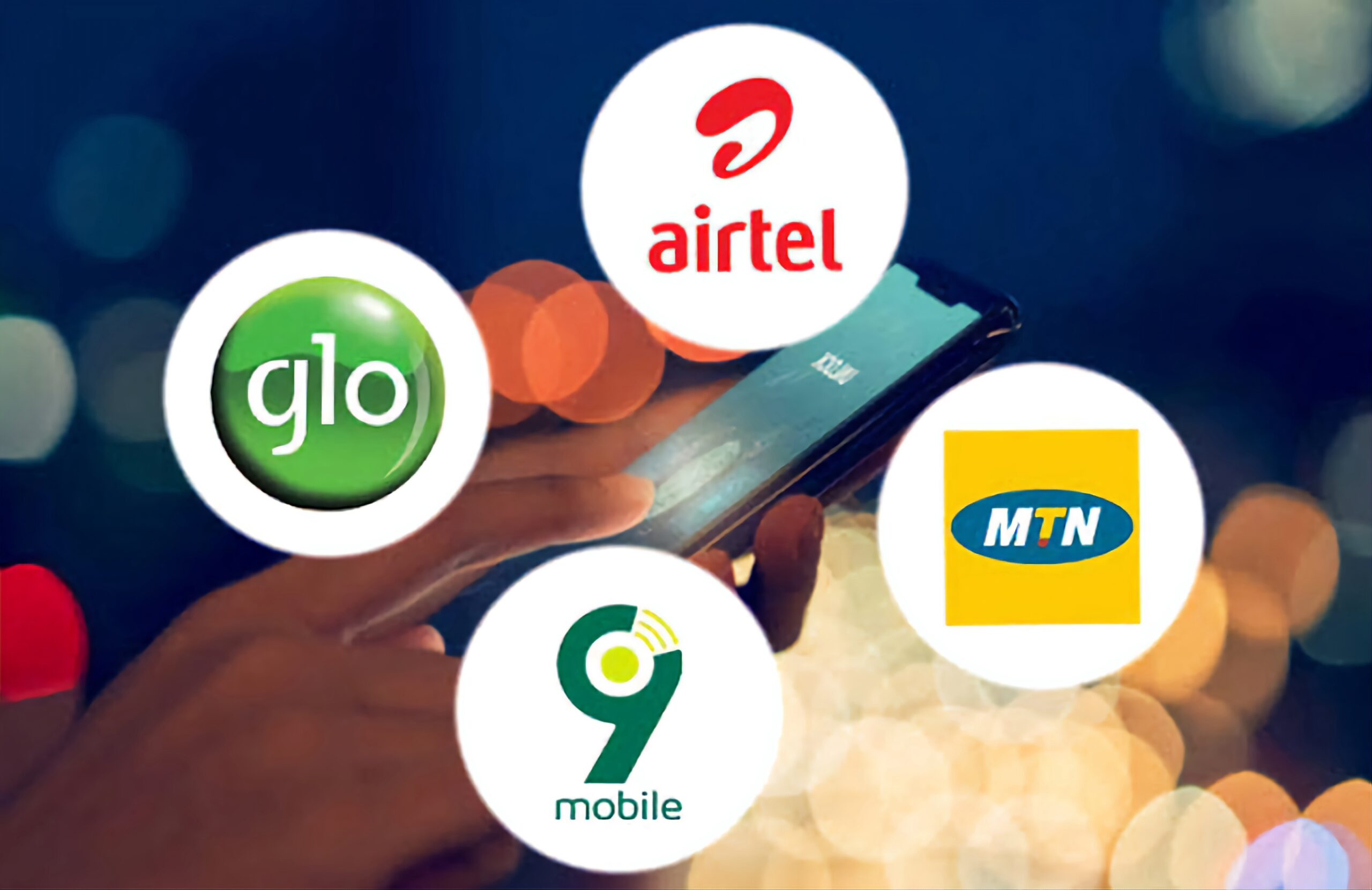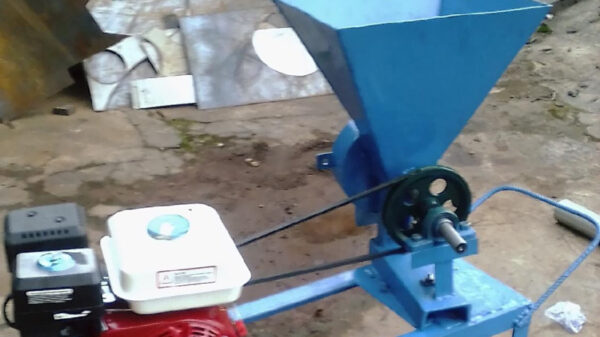In January 2025, the Nigerian Communications Commission (NCC) announced a 50% telecoms tariff increase, a decision targeted at the sustainability of the industry, yet a move that was met with mixed reactions from the public since its implementation on February 11, 2025.
This increase comes amid inflation and foreign exchange volatility, which have contributed to mounting operational costs such as high-priced diesel and network infrastructure maintenance.
As conversations mount across the country, here are some important details about this issue, that every Nigerian needs to know:
1. The Approved Tariff Increase Rate is 50%: This rate of 50% is the same across all Nigerian telecom operators – MTN, Airtel, 9Mobile, Glo, etc. Telcos cannot default from this. Nigerians can expect to pay an increased price from NGN4 to NGN6 for SMS charges. For voice calls, the new cost comes at NGN16.25 per minute, an increase from NGN11. For data bundles, the price of 1GB of data will rise to NGN525 from NGN350.
The NCC has also asserted that it has enforced a “Tariff Simplification Guidance” which compels telco operators to be transparent with the public regarding tariff charges.
2. The Last Tariff Increase By Telcos Was 11 Years Ago: The last time telcos increased the tariff was in 2013. In 2013, the inflation rate was 8.5%. Today, the inflation rate is 34.8%! The telecoms industry is the last essential service provider to increase tariffs since the Naira devaluation which has been escalating since 2023, compared to providers of other essential services such as electricity, water, and fuel.
3. Nigeria Has One Of The Lowest Data Prices In Africa: Data released by the International Telecommunications Union (ITU) revealed that Nigeria ranked among the lowest in terms of data cost, when compared to other countries like South Africa, Kenya, Zimbabwe, and Ghana. A few days ago, a Ghanaian content creator, Kobe Boujee took to his Instagram handle to query how the cost of MTN’s data in Nigeria was five times less than in Ghana.
The ITU’s ICT Services Affordability Report 2023 showed the cost of data in Nigeria as $2.35, whereas it cost $2.66 in Ghana. On another hand, a 2GB data package costs $2.92 in Kenya, while in South Africa, the same package goes for $7.98.
4. NCC Mandates Telcos To Improve Network Quality: The NCC’s approval of the tariff increase came with the condition of enforcing a strong monitoring of quality of service and full compliance by operators. It has given a timeline of three months for telcos to improve quality, intensifying scrutiny and enforcing heavier penalties for service lapses.
5. Survival Of The Telco Industry: Since last year, the telecommunications industry has experienced a loss in revenue with Airtel posting a loss of NGN 514.9 billion in 9 months in 2024, while Airtel posted a loss of $89 million in FY2023/2024.
These losses – due to the FX volatility which has affected every aspect of the Nigerian economy including cost of living – can either accumulate or send the telcos packing. This will destabilise the country. Or the telcos need to find other forms of survival – price increase.
![]()






























































